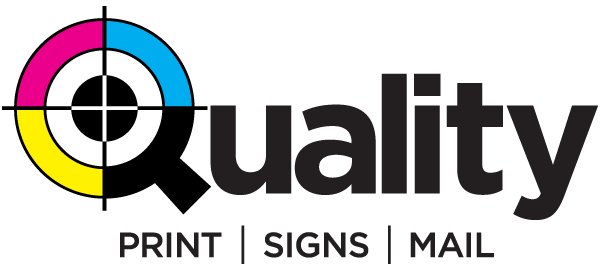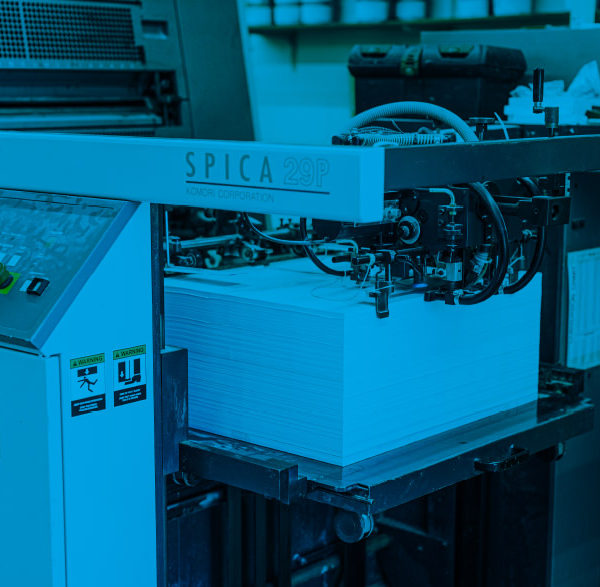
Do You Need Offset or Digital Printing?
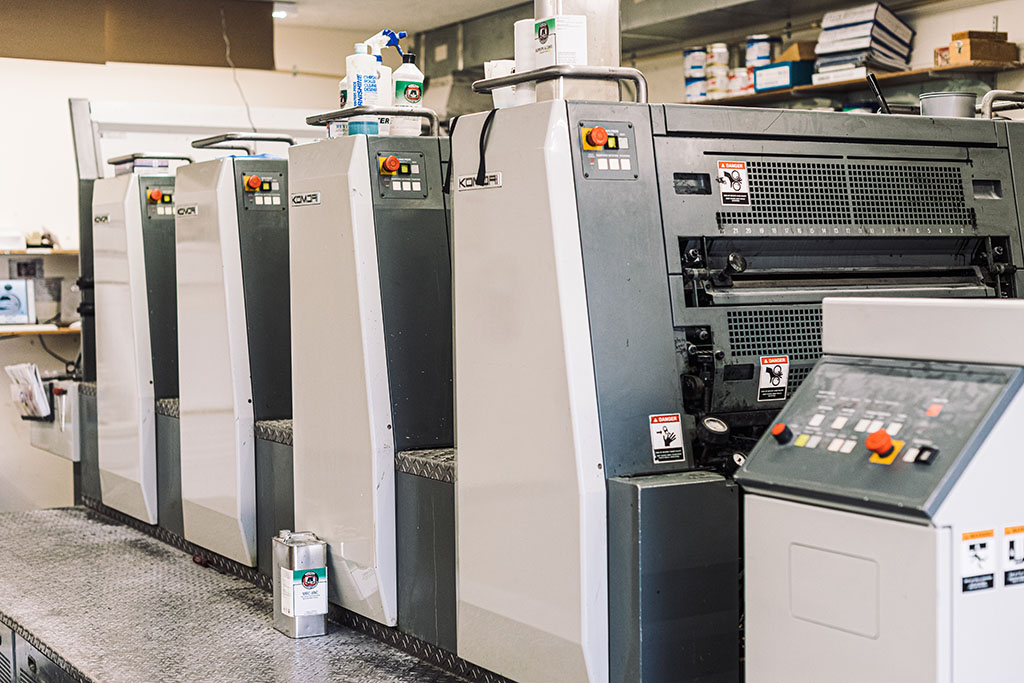
OFFSET PRINTING
Offset printing uses aluminum plates to transfer an image onto a rubber “blanket,” which rolls the image onto a sheet of paper. The ink is not transferred directly onto the paper, thus the name “offset printing.” These presses take some time and effort to set up, but they are extremely efficient. If you need large quantities (school newspaper, thousands of church bulletins), you need offset.
Other advantages of offset printing:
- The more you print, the cheaper the price per unit
- You can use a variety of paper types and custom finishes
- Custom inks are available
- Great detail and color
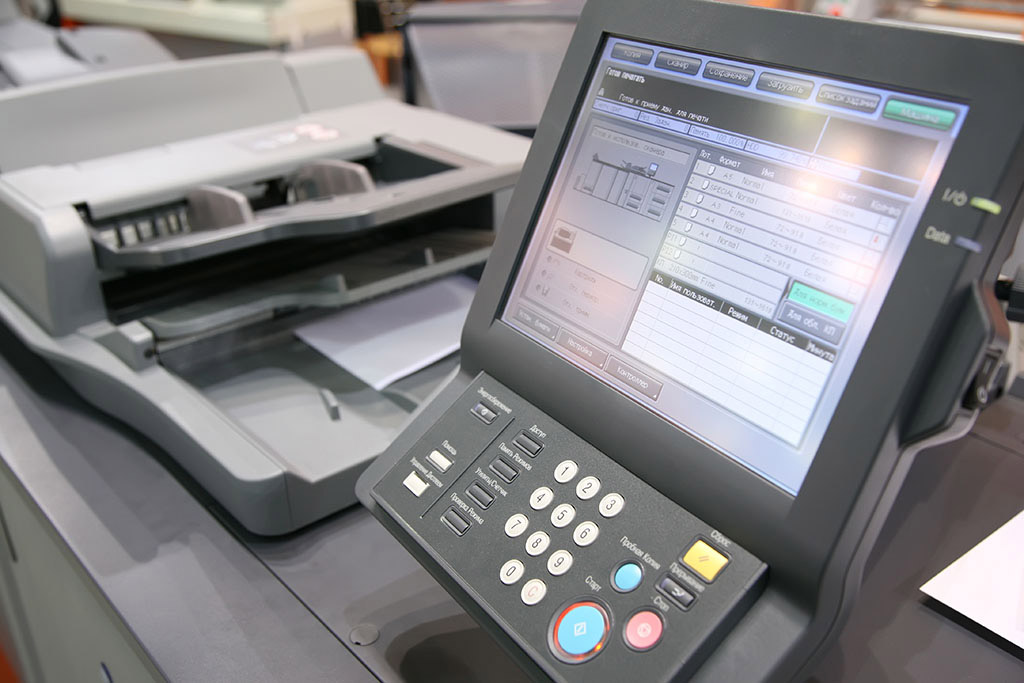
DIGITAL PRINTING
Digital printing uses options such as a toner or liquid ink. If you print lower quantities – 100 flyers or 20 business cards – the ink often shines. Digital printing allows you to insert a unique name, address or other piece of information on each unit. If you need smaller quantities, go with digital.
Other advantages of digital printing:
- Low setup costs for short runs
- Print on demand – what you need, when you need it
- Black and white printing is inexpensive
We can help you determine which method is best for your printing needs.
OUR SERVICES:
Die-cutting
Finishing
Folding
Scoring
Laminating
Embossing/debossing
Inline varnishes
Tab cutting
Folding
Perforating
Offline UV Coating
Inserting/assembly
Inkjet addressing
Collating

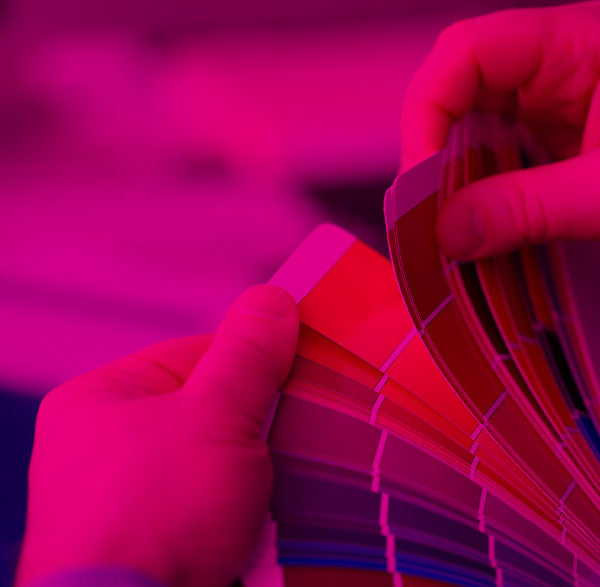
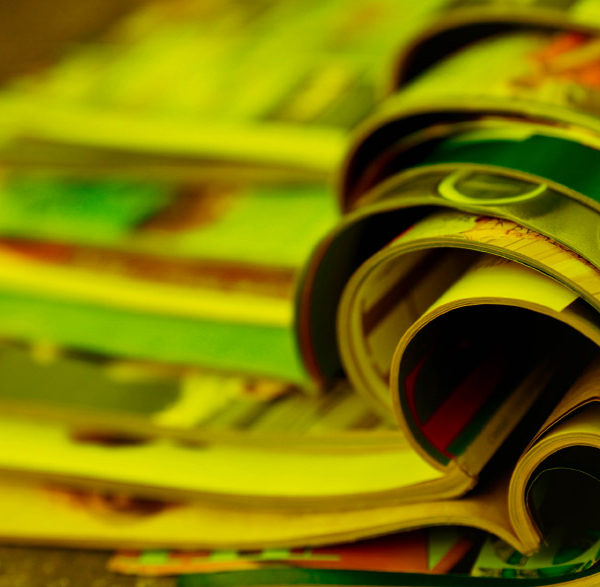
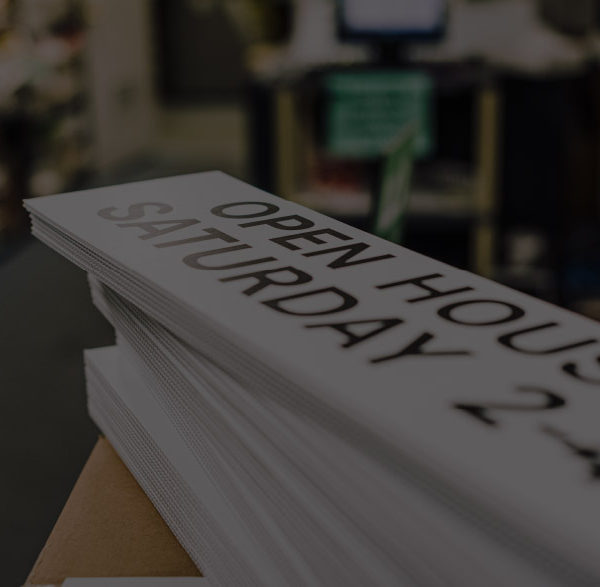

BINDING
- Spiral
- Wire-O
- Saddle
- Padding
- Wire Stitching
- Perfect Binding
- Hardback Casing
